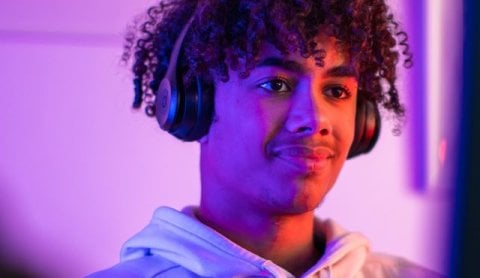
What are reasonable adjustments?
Under the Equality Act 2010, unis and colleges must make changes to ensure disabled people can access their courses and facilities. These are called ‘reasonable adjustments’ and can include course materials in different formats, specialist computer equipment or accessible accommodation and lecture halls. Employers must also remove barriers for their employees, so if you're considering an apprenticeship you will also be entitled to reasonable adjustments.
Disability Rights UK's comprehensive guide to adjustments for disabled students and apprentices explains more. They also have a useful guide to understanding the Equality Act for disabled students.
